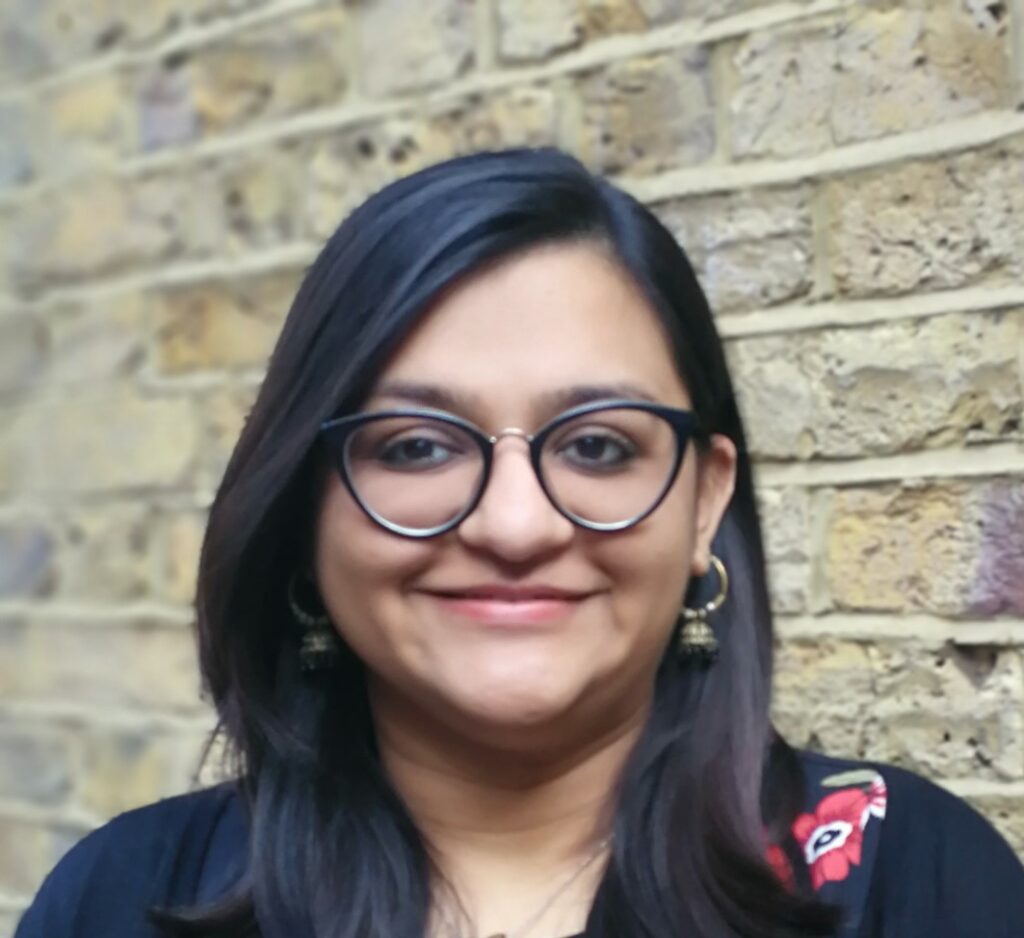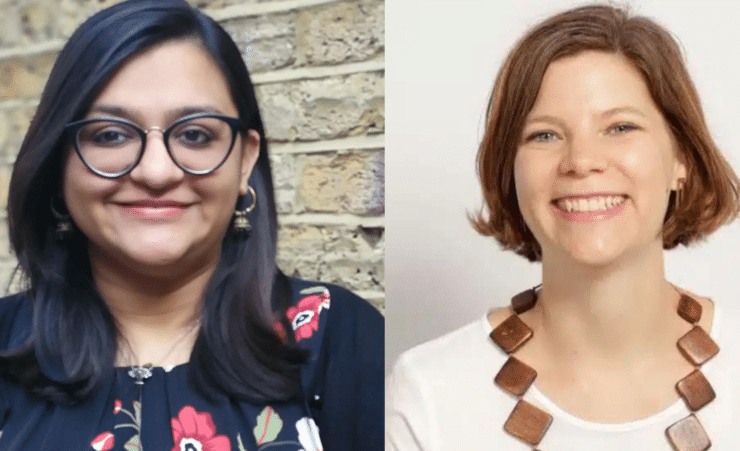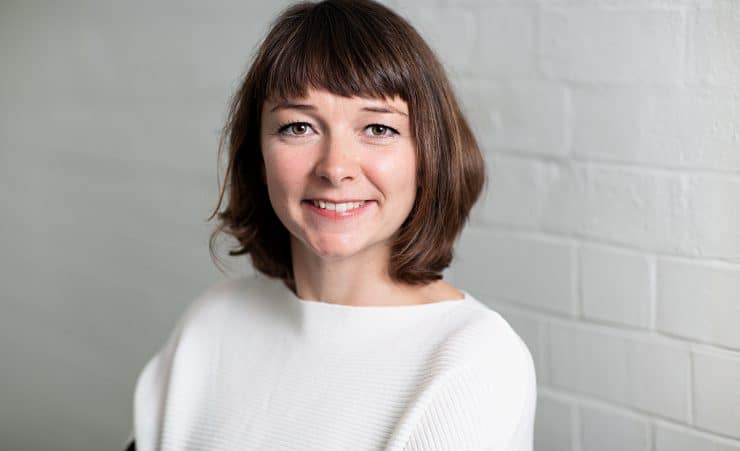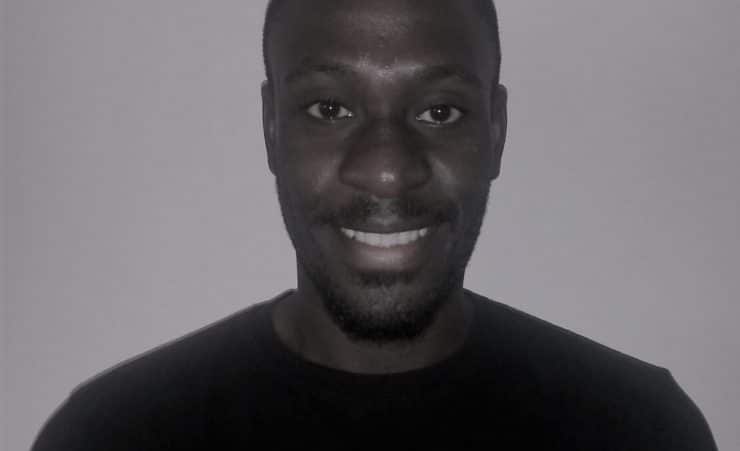
5 things that help system leaders ‘have difficult conversations’
Lessons from Building Health Partnerships (BHP) Leadership Workshops
In order to change the culture within a health and care system, health, voluntary, community and social enterprise sectors (VCSE) leaders need to be open-minded, build on the diversity of people around them and have conversations that are engaging and curious, rather than sparking debate. However, the very nature of developing creative partnerships aiming to disrupt the status quo means that from time-to-time it is likely you will need to have a difficult conversation with someone. So, it is no surprise that delegates at our BHP leadership workshops – attended by health and VCSE sector leaders working to re-shape their local health and care systems – regularly raise the question ‘how do I handle tricky conversations?’
Here are the five things we suggest will help:
- Ask the right questions (appreciative inquiry): Leaders must aim to have instrumental conversations and employ the practice of asking constructive and open-ended questions that help to identify a positive core among the group. You can then use the responses as a basis for building meaningful strategies for change.
- Start a dialogue, not a debate: A debate assumes there is only one right answer (the one you have), tries to prove others wrong, defends assumptions as truth and seeks closure around personal views; whereas a dialogue assumes that many people are a part of the answer and fosters an environment of collaboration with others to find common understanding. Through meaningful dialogue, a system leader can listen to understand and seek agreement; and discover multiple options from others in the system.
- Manage polarities in partnership working: System leaders operate in complex environments, and most challenges they face are not problems, but rather dilemmas or polarities. Problems have an end-point, are solvable and use either-or thinking, whereas polarities are ongoing, unsolvable, have interdependent solutions that must be managed together. They require ‘both and’ thinking. So, the next time you are faced with a polarity, ask ‘how do we ensure we access the best of both while avoiding as much of the negative as possible?’
- Avoid unconscious bias: Be aware of generalisations and understand that we don’t see things as they are, rather we see them as we have been conditioned to see them. We as leaders must openly and continuously challenge our decision-making in our respective systems and organisations, to work towards better and more inclusive conversations.
- Make time to reflect: Making time to be self-reflective, before and after difficult conversations, helps in the long-term.
“I learnt the need to be more self-aware.”
“I will use open ended questions regularly and find time to reflect and practice reflexivity”
Building Health Partnerships
Visit www.ivar.org.uk/transforming-together to access free support including:
- Online resource library
- Workshops and webinars
- Coaching delivered by The King’s Fund
- Practice Development Network
- Practical and individual support
We are currently working with four areas for 2019/20. Please get in touch if you are based in one of the following: Bedfordshire, Luton and Milton Keynes; Surrey Heartlands – Guildford and Waverly; Dorset; and North Cumbria.


